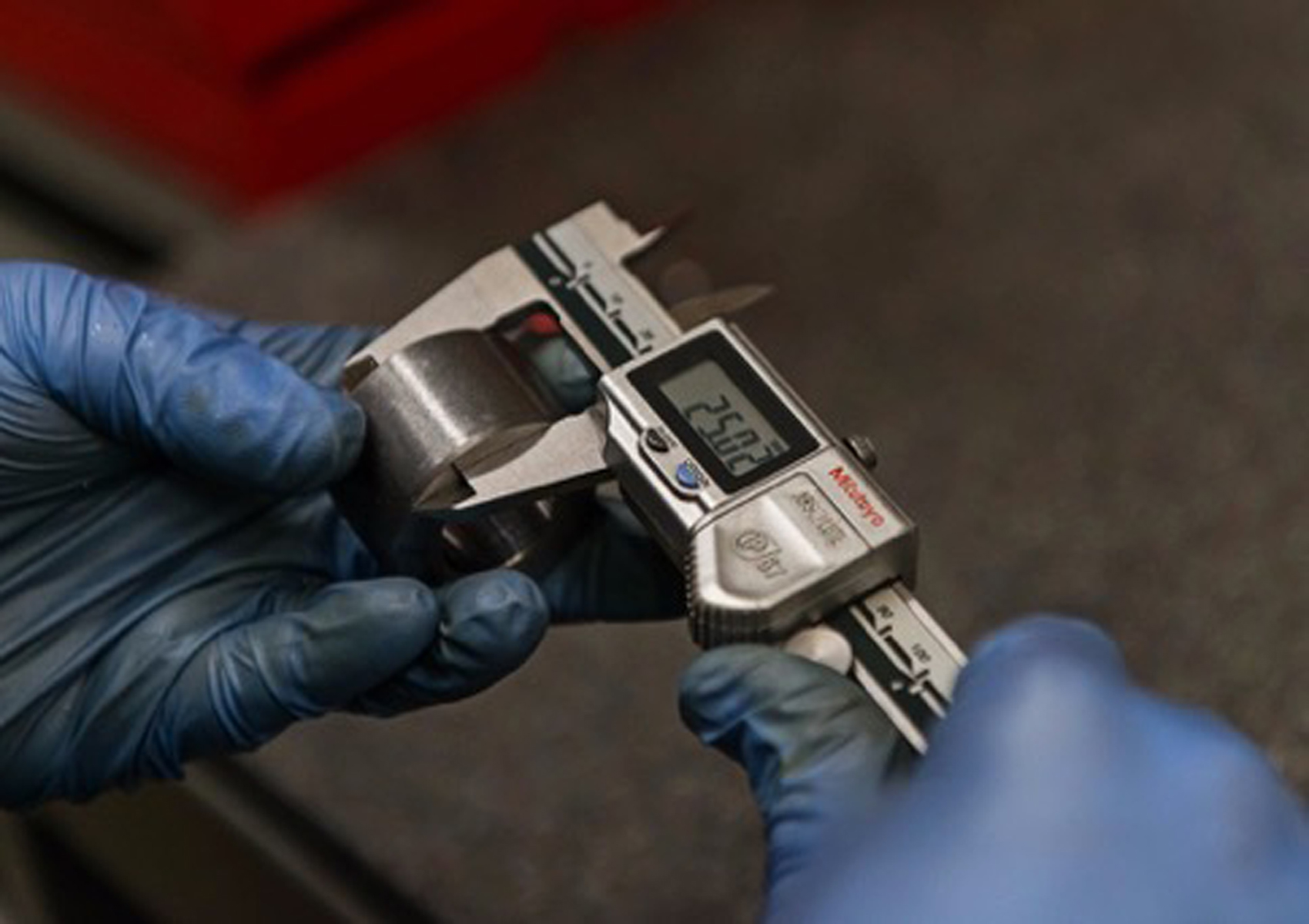16 August 2017
What do NASA and Hutchinson Engineering have in common?
 Hutchinson Engineering realises that the ability to provide quality components for their customers is a priority, and PPAP is helping them achieve this.
Hutchinson Engineering realises that the ability to provide quality components for their customers is a priority, and PPAP is helping them achieve this.
Production Part Approval Process PPAP, traces back to the NASA Apollo space programme of the 1960’s, where elements of the PPAP process such as Design FMEA, Process FMEAs, MSA/SPC were implemented to ensure product quality on the Apollo Rockets.
A variety of sectors now adopts PPAP as a method of certifying a mutual understanding for the performance of parts between component suppliers and purchasers.
PPAP was initially pushed in the mass production industry by the American big three (Ford, GM, FCA) but is now being used worldwide not only in the Automotive Industry but also other industries like Aerospace, electronics and heavy engineering.
The Production Part Approval Process (PPAP) is a standardised process, traditionally associated with the automotive and aerospace industries, that helps manufacturers and suppliers communicate and approve production designs and processes before, during, and after manufacture. PPAP aims to provide a clearer understanding of the requirements of manufacturers and suppliers. The ultimate goal of PPAP is to provide consistency during production runs.
PPAP is used for its potential consequences of a faulty production process. For example, in the aerospace industry, a small flaw in a single part could potentially cause an engine to fail. It is the potential risk that has inspired a need for a stringent approval process to produce parts within these industries. PPAP ensures suppliers can provide the requested number of parts within an agreed lead time for a specified price while meeting the manufacturer’s tolerances.
Hutchinson Engineering’s quality team has experience of using various quality management tools such as PPAP (Production Part Approval Process) and APQP (Advanced Product Quality Planning Process) from prototype sample parts through to full production parts to ensure our customers quality and delivery requirements are delivered on every new project.
PPAP is part of the APQP process (Advanced Product Quality Planning) with APQP being the industry project management process which is used to manage a new product from Kick off to Job 1 MRD. Both APQP and PPAP have developed to ensure that the industry has now a defined set of documents and processes used in the PPAP process, therefore, ensuring a high level of standardisation and project robustness.
In Summary, a PPAP ensures that the customer receives the parts they have paid for, with consistent quality. PPAP enables Hutchinson Engineering to prove that their manufacturing process has the potential to manufacture parts to specification short term and long term by parts sampling and process capability studies.
- Contact Information
- Name: Mark Hutchinson
- Email: mark@hutchinson-engineering.co.uk
- Website: www.hutchinson-engineering.co.uk

